High blood pressure, also known as hypertension, is commonly found in men and women after 60. Since it is a chronic disease, it cannot be cured entirely, but various measures can control it. Most people rely entirely on blood pressure medications and neglect their daily habits and lifestyle. Blood pressure can be controlled in a much more efficient way when medication is accompanied by regular exercise, a nutritionally sound diet, and other essential habits.
This write-up will help you develop a greater understanding of blood pressure and how it can be controlled. Here’s a carefully curated list of some of the best ways of controlling high blood pressure.
Contents
Lose Weight
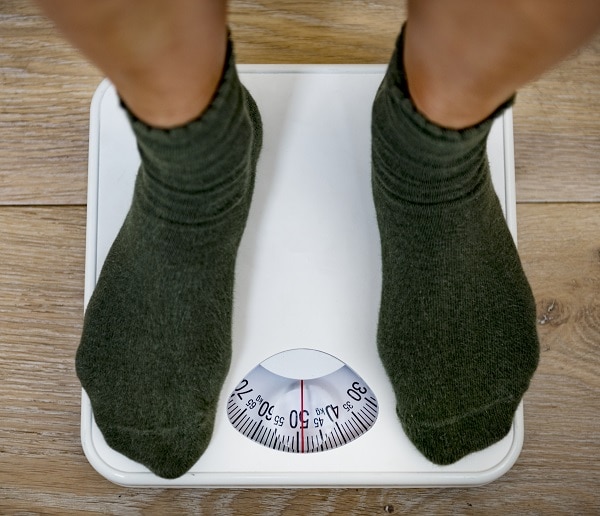
One of the most important and impactful lifestyle changes that can lower your blood pressure is weight loss. Being overweight gives rise to several breathing issues while sleeping, which increases blood pressure and may also result in heart ailments. There is a direct relationship between weight loss and lowering blood pressure. You will be able to see a practical difference after losing just a couple of pounds. Studies have shown that you can lower your blood pressure by 1 mm hg by losing 1 kg.
Along with shredding weight, keep a check on your waistline; extra weight around the stomach raises your blood pressure. Check with a doctor to know the right waistline measurement as per your age, gender, and physique.
Start Exercising
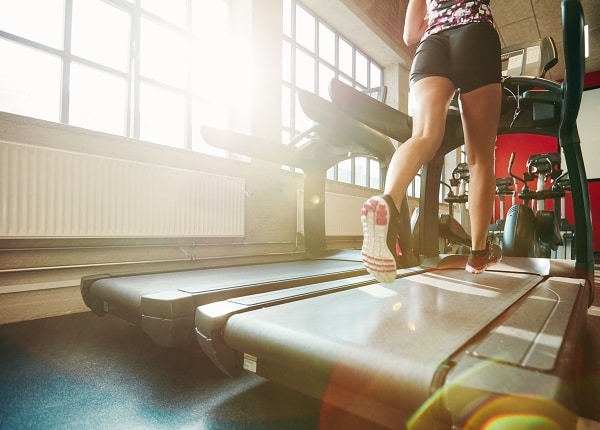
Exercising 4-5 times a week for at least 30 minutes can help lowering blood pressure by 5 to 8 mm Hg. Incorporating cardio workouts in your routine will improve the cardiovascular system’s overall functioning, ensuring healthy blood flow in all parts of the body. Aerobic exercises like cycling, walking, jogging, or swimming can significantly affect your blood pressure level.
Exercise can also be done in dance and Zumba as it will increase your activity level and keep you from getting bored. When you exercise regularly, your heart rate increases, making the heart stronger and pumping effortlessly over time. This reduces the pressure on the arteries and lowers blood pressure.
Ensure a Healthy Diet
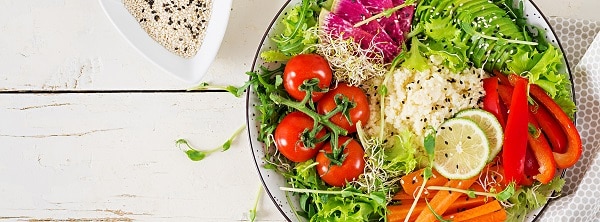
It has been said that your body is what you eat. Your diet plays a significant role in controlling blood pressure. Incorporating whole grains, fruits, and vegetables in your diet and ditching high cholesterol and fatty food can lower your blood pressure by 11 mm hg. Such a dietary plan is known as the DASH diet; DASH stands for Dietary Approaches to Stop hypertension. Cut down on processed food consumption as they are high in salt, sugar, fat, and other preservatives. Sometimes we see packaged food labeled as “low fat,” and we end up adding it to the cart.
We fail to realize that such food is high in sugar and salt, which is harmful to your health. Therefore, cut down on processed food and increase vitamins, minerals, and other nutrients.
Less Sodium and More Potassium
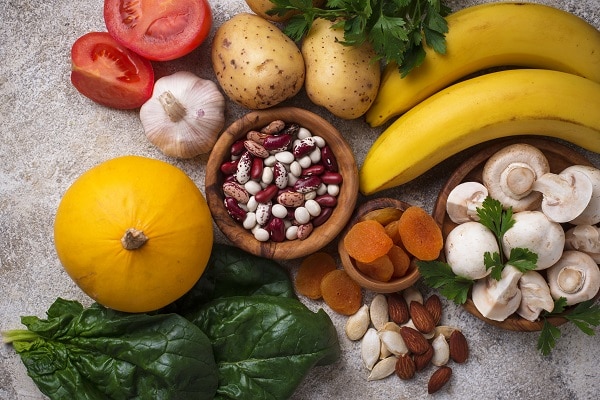
The above-mentioned DASH diet emphasizes the lower consumption of salt. This is because salt is basically sodium, and when you consume too much salt, your body requires more water content to wash off the salt. Such a condition often increases blood pressure as the exceeding amount of water puts the heart and blood vessels under pressure. Therefore, people with elevated blood pressure are advised to reduce salt from their diet.
On the contrary, potassium is considered to be an excellent element as it lowers the effect of salt, keeps your vessels free from pressure, and your heart healthy. Food items like yogurt, fish, banana, avocado, sweet potato and spinach are rich in potassium. It is better to consume this mineral in the form of fruits and vegetables rather than supplements.
Put an End to Smoking
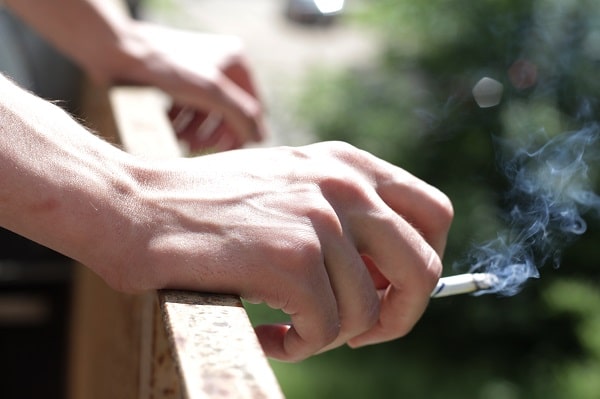
There is no surprise in the fact that people who do not smoke live longer and healthier. But the negative impact of smoking is relatively more remarkable in people with elevated blood pressure. Smoking a cigarette increases your blood pressure instantly, but for a short period. However, it leaves a long-lasting impact on the heart and lungs. The chemical content in tobacco damages the blood vessels narrows down the arteries, and causes inflammation.
Such an adverse effect increases the heart’s pressure and, ultimately, results in high blood pressure. Besides, when you smoke, it does not just affect your health but also that of others in the surrounding. A survey has shown that children who grow up in a house with a smoking parent(s) have a higher blood pressure than other children. Quit smoking to ensure the health of yourself and others.
Cut Down on Caffeine and Alcohol
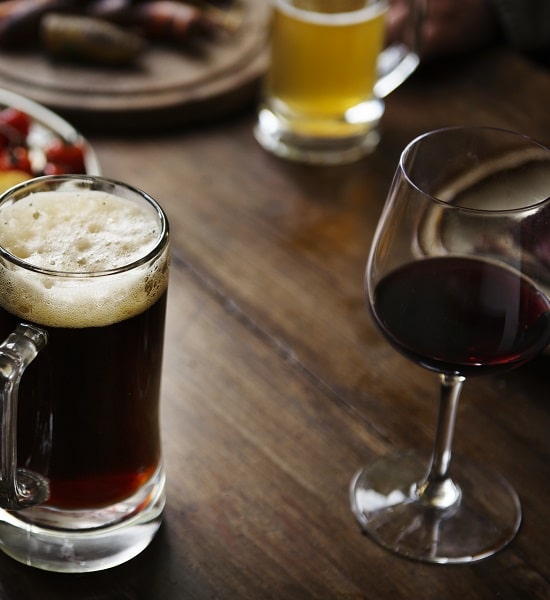
People who are habitual to caffeine may show a relatively lower effect on blood pressure, but those newly introduced to caffeine may increase their blood pressure by 11 mm hg. To check its effect, measure your blood pressure after consuming caffeine, and if it increases by 5 to 10 mg hg, you may be sensitive to caffeine and consider getting rid of it or at least controlling its intake.
Along with caffeine, alcohol brings up your blood pressure, and its overall impact on health is undoubtedly harmful. Just 1 gram of alcohol can raise your blood pressure by 1 mm hg, and on average, a drink contains nearly 14 grams of alcohol; the math is simple. Consuming more than a modest amount of alcohol adds to your blood pressure and reduces medications’ effect.
Reduce Stress

Stress is almost inevitable sometimes, especially in current times, considering the current pandemic. However, it is essential to manage your stress level by taking active measures. A high-stress level can directly increase blood pressure, or sometimes it may lead to smoking and drinking, which, again, negatively impacts your blood pressure level. To reduce stress:
- Practice various breathing exercises and accompany it with meditation for better relaxation.
- Stay away from stress triggers and ensure a happy and positive vibe in your house and workplace.
- Do not worry about things that you cannot change or control and adjust your expectations to avoid unnecessary stressors.
- Devote your time and energy to activities that make you feel happy and free of stress.
Sleep Well

Generally, your blood pressure drops while sleeping. Not sleeping well or sleeping long enough can have an adverse effect on your blood pressure and overall health. Encountering sleep deprivation often increases blood pressure and is at a higher risk of heart disease. The Sleep Heart Health Study has shown that people who sleep for less than seven hours or more than nine hours regularly are prone to hypertension for an extended period.
Getting a restful, eight hours long sleep will ensure a controlled blood pressure level as well as a healthy heart. If you find it difficult to fall asleep at night, avoid naps in the daytime and exercise for at least 30 minutes as it will make you feel tired and, thus, fall asleep quickly and easily.
Try out Medicinal Herbs
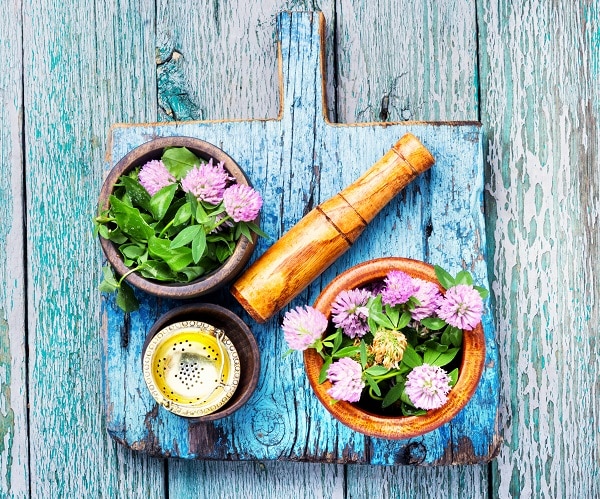
Several cultures make use of medicinal herbs to treat several diseases. To control the level of blood pressure, certain herbs have been found to have a positive impact. Some of these herbs are black beans, celery juice, ginger root, umbrella tree bark, Indian Plantago, river lily, sesame oil, tomato extract, maritime pine bark roselle. Trying out these herbs may help relax the body, reduce blood pressure levels, and improve your overall health. However, make sure that before you consume any such herbs, check with your doctor because it may so happen that these herbs can interfere with your medication.
Now that we know about some of the best ways to tackle high blood pressure let us look at the following list of food items known for their high blood pressure relieving properties.
- Citrus fruits (lemon, orange, grapefruit, etc.)
- Fatty fish
- Pumpkin seeds
- Beans
- Bananas
- Dark chocolate
- Green leafy vegetables
- Oats
- Lentils
- Berries (blueberry, raspberry, strawberry)
- Carrots
- Pistachios
- Greek yogurt
- Broccoli
- Chia seeds, flax seeds
- Beet juice, beet greens
In conclusion
Supporting your blood pressure with a healthy lifestyle will significantly improve your blood pressure level. Along with the measures to lower blood pressure, it is equally important to know which components increase blood pressure to make the necessary changes and alterations in your daily life. Your blood pressure should always be kept in check and under control. Otherwise, it may result in heart ailments such as heart attack, chest pain, Coronary artery disease (CAD), etc.
Controlling your blood pressure will keep your heart healthy, which will, in turn, keep the entire body healthy. Ensure that you exercise regularly, lose weight if you are overweight, eat healthy and nutritious food, cut down on alcohol, caffeine, sodium, quit smoking, and sleep well. Considering these aspects of your lifestyle will bring about practical results and help you develop a positive relationship with your body.


